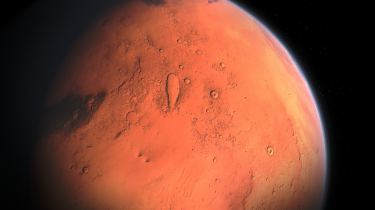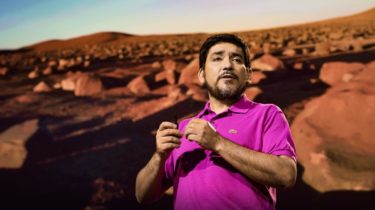Forward Contamination of Mars
Submitted by Esma Bozlak to fulfill the ethics in science requirement for the Young Scientist Program at BMSIS. Mars has attracted the attention of scientists from the past to present, and going to Mars to explore with robots as well as with humans has been of interest to many people. Many successful, as well as unsuccessful, Mars missions have been attempted since the beginning of the space age. The first successful launch was done with Mariner 4 in 1964. It was the […]
Read more


